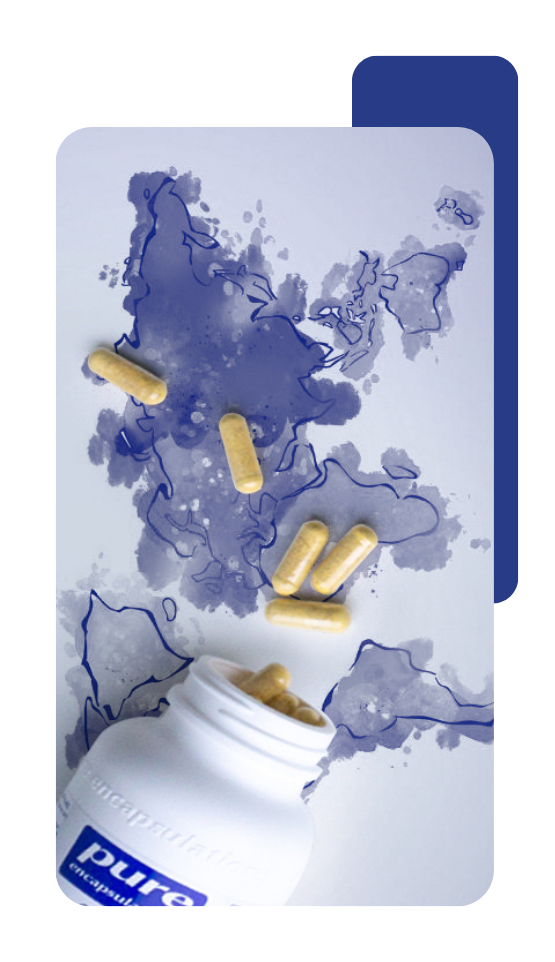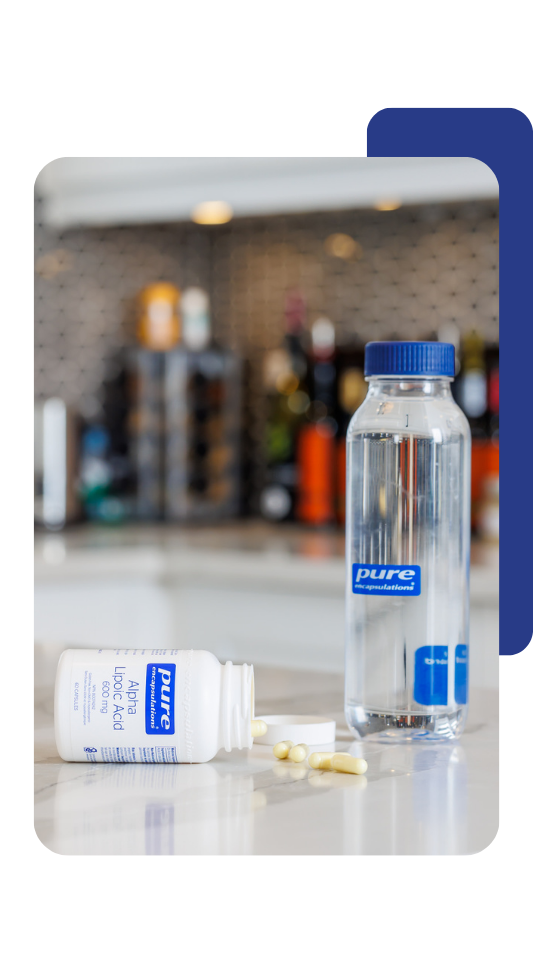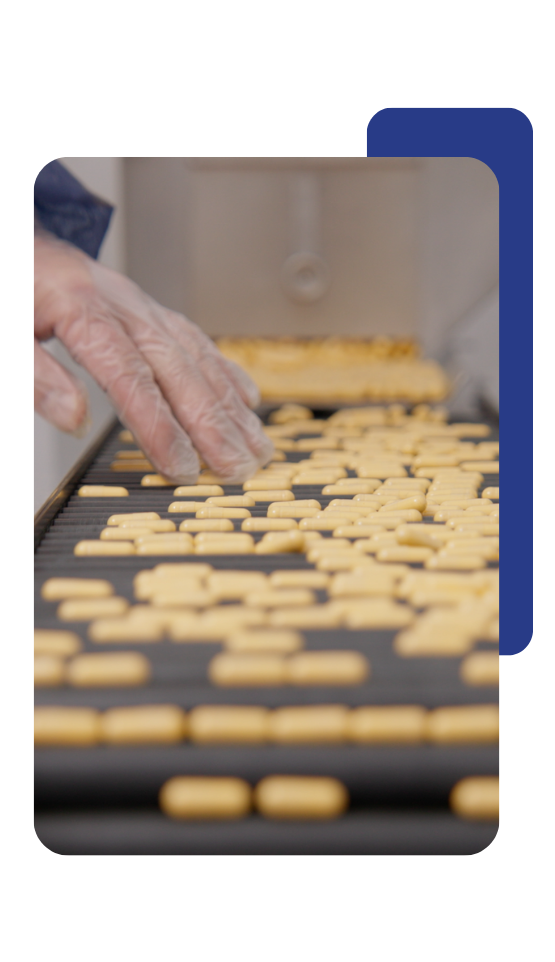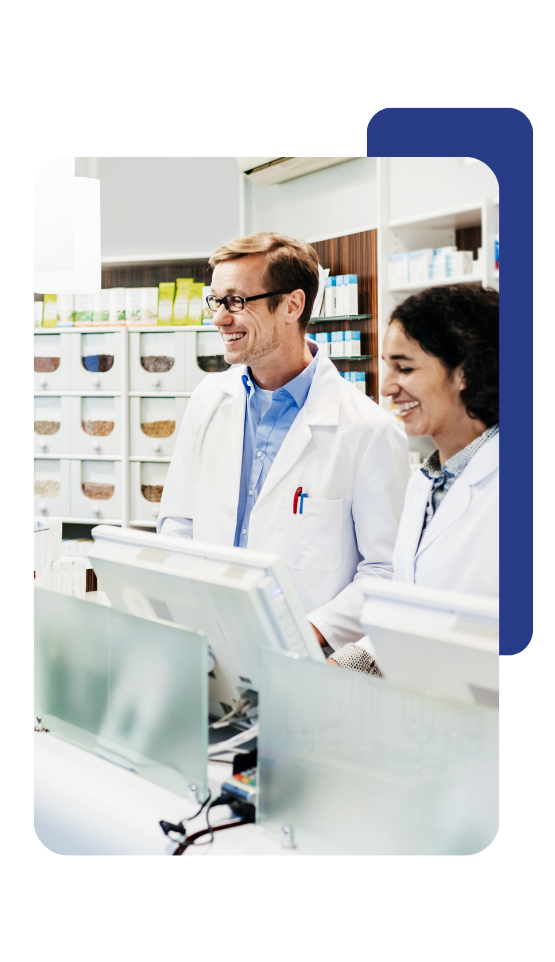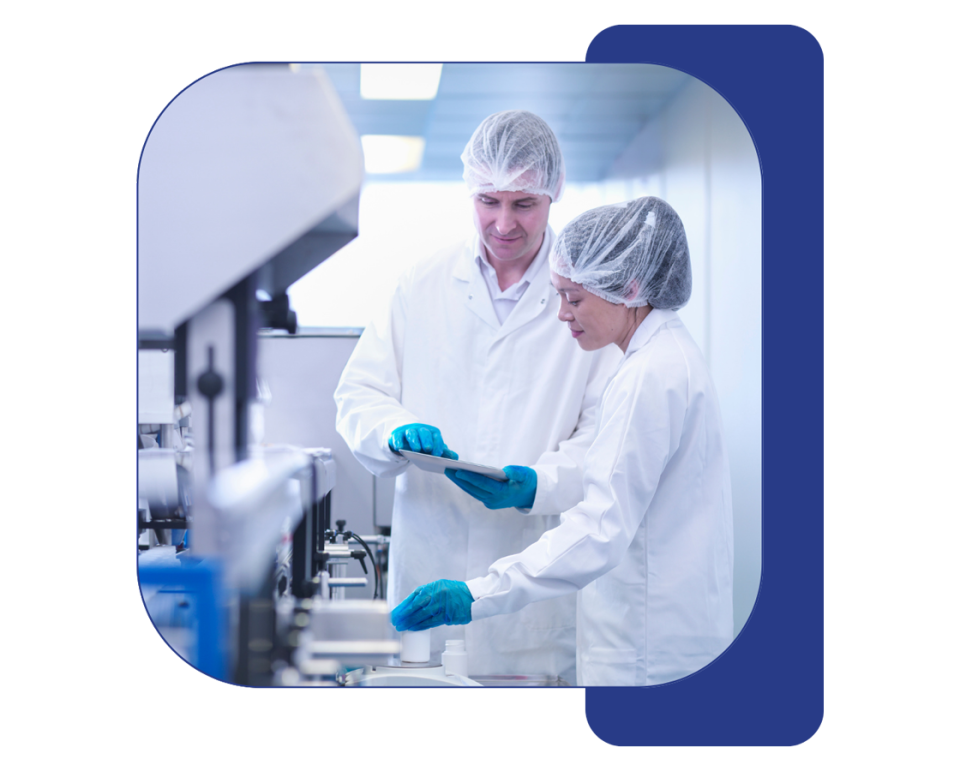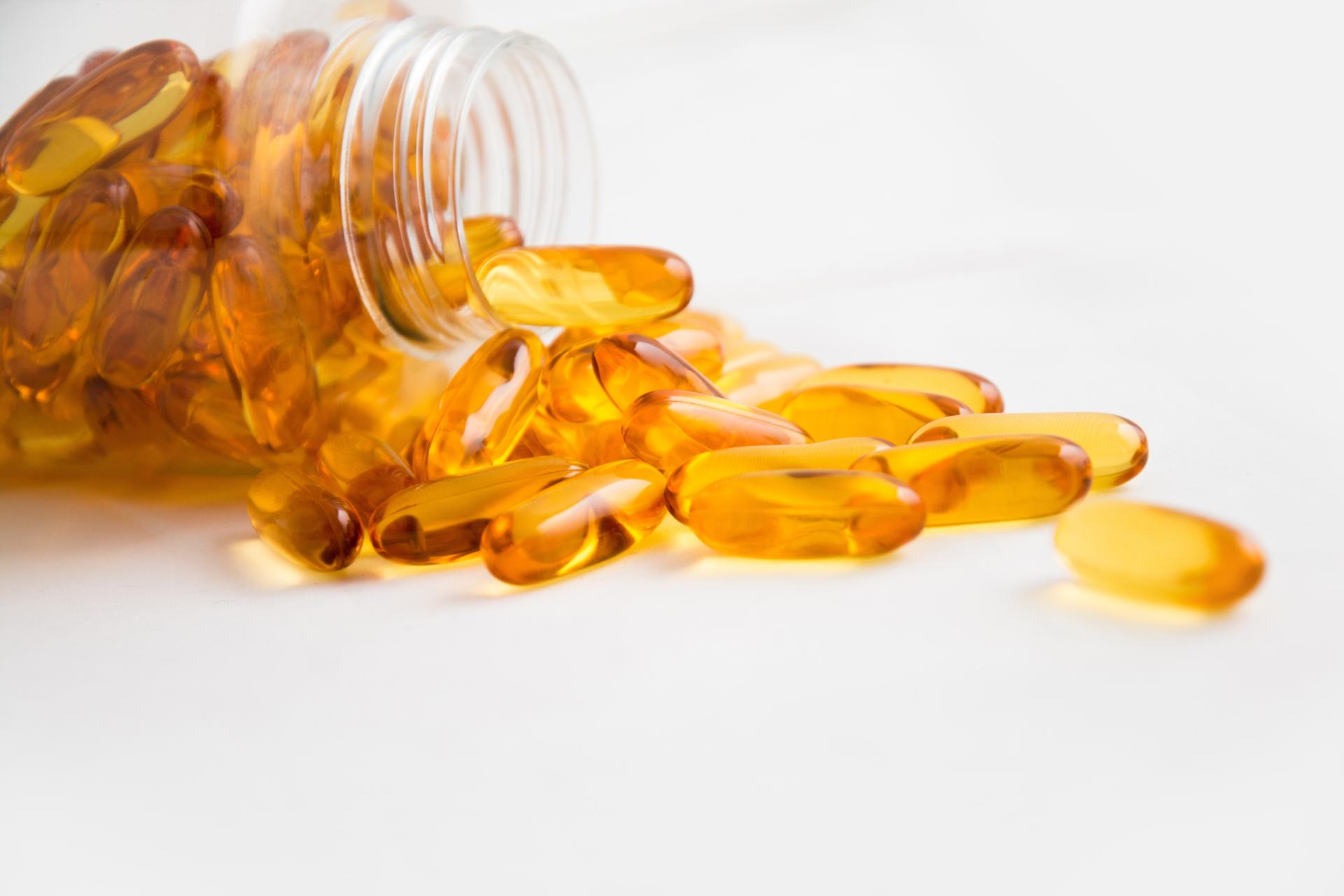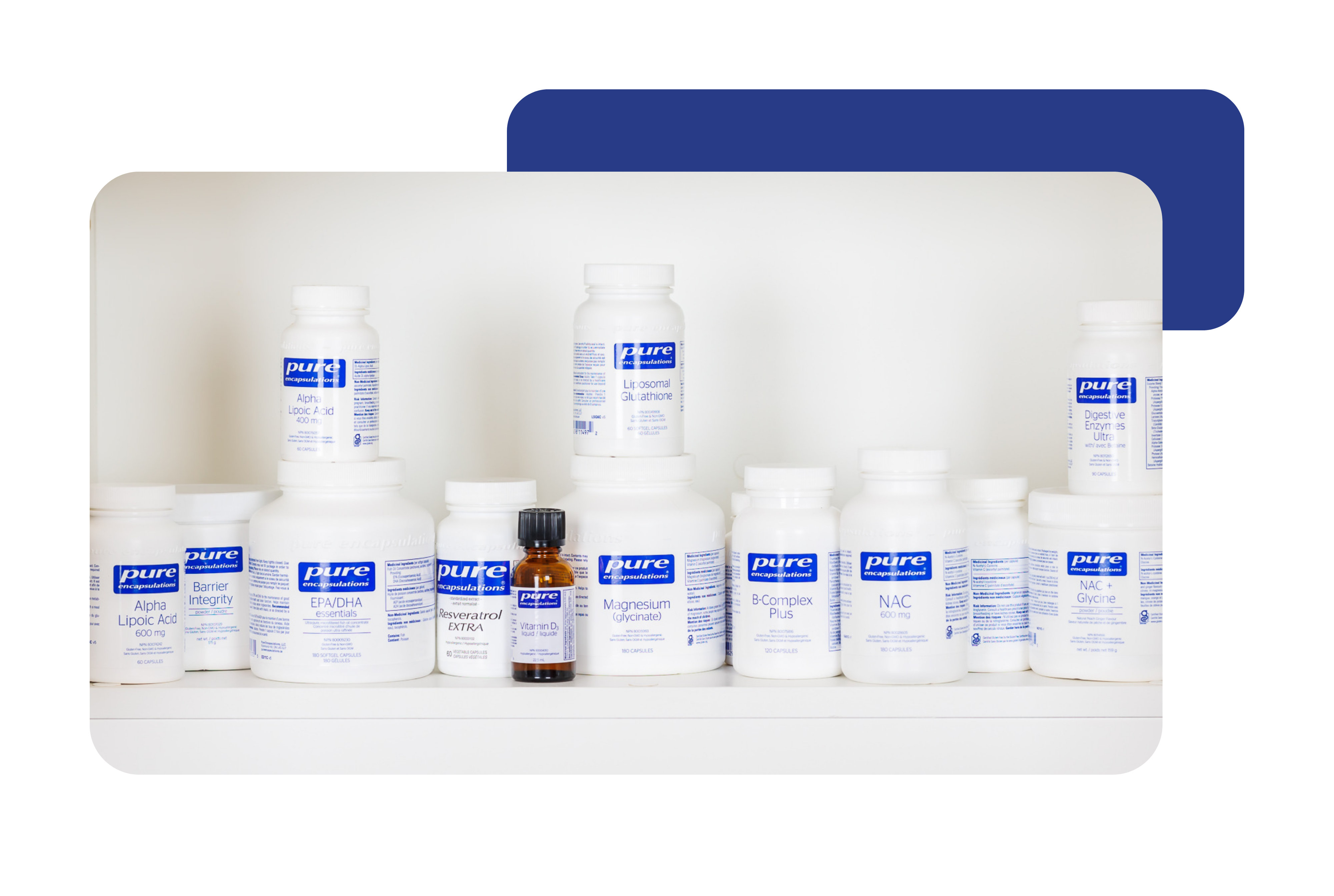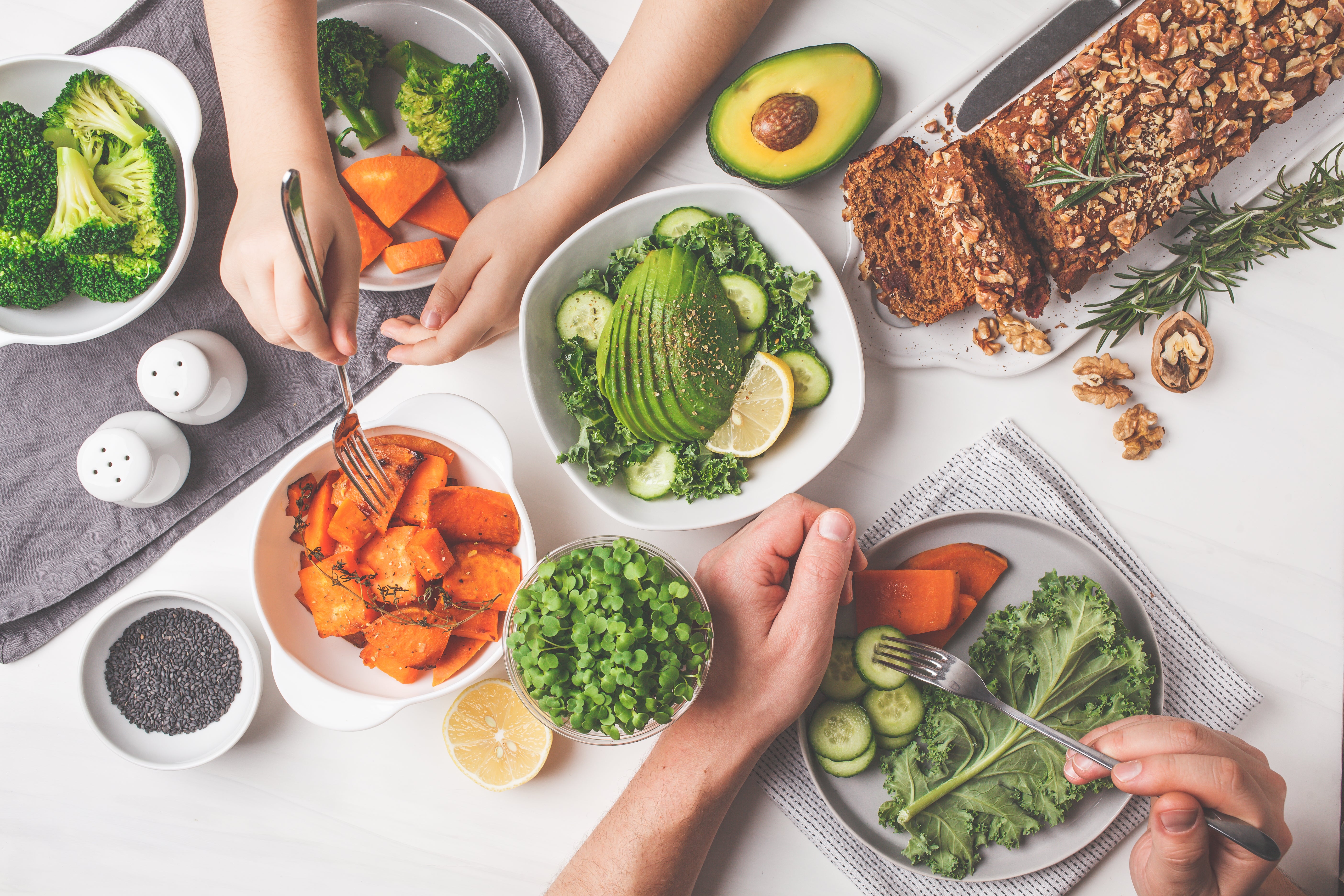We all know how important the microbiome is for gut health and health overall. Probiotics can help improve our gut flora, so it is no surprise that people are looking for that one perfect food or supplement to solve all their digestive problems, but what other solutions are there to improve gut health?
The truth is that digestive health requires a multifaceted approach. While traditionally popular supplements like probiotics can be an essential part of your plan, they are only one piece of the puzzle.
Long-lasting gut health starts with an appreciation of what it means to have a healthy gut, so you can find the best way to support your individual needs.
What makes a gut healthy?
Despite all of the exciting research on gut health, there is still so much we don’t know about the vast array of species that live in our GI tract. It was less than fifteen years ago that the NIH initiated the gut microbiome project to learn more about our microbes.i
We know for sure that the symbiotic relationship between our gut microbiome and our GI tract sets the stage for overall health. Our gut health is imperative for wellness as we now know it influences so many health conditions.ii
But what does it actually mean to have a healthy gut? At a foundational level, a healthy gut:
- Has a healthy balance of diverse microflora.
- Supports digestion so we can obtain the nutrients we need from the food we eat.
- Effectively eliminates waste products through regular bowel movements.
- Maintains a healthy gut lining to protect our body from the outside world while keeping our immune system functioning to reduce inflammation in the body.
Needless to say, it takes more than one food or supplement to support all these processes.
Diet plays a primary role in gut health
Diet is the number one predictor of gut health for microbial composition and diversity.iii A nutrient-dense diet rich in polyphenols and healthy fats provides a nourishing environment for the gut bugs and keeps the gut lining healthy and happy.
Specifically, one of the main predictors of gut health is dietary fiber, mainly due to prebiotics. Prebiotics act as food for your gut bacteria.iv They are resistant to the acidic pH in your stomach and not absorbed in the small intestine. Instead, they make their way down to your colon, where they are fermented by your gut bacteria.
Prebiotics include mainly non-digestible carbohydrates (for example, resistant starches and the oligosaccharides fructans and galactans), but can also come from polyphenols found in foods like cranberry, cacao, or blueberries.vvivii
Multiple studies point to the health benefits of prebiotics through their influence on our gut bacteria. They can also support the gut immune response and gut barrier by producing short-chain fatty acids (SCFA).viii
What are short-chain fatty acids (SCFA)?
SCFA are beneficial byproducts of bacterial fermentation that play a significant role in maintaining a healthy gut environment. ix
They promote gut health by:xxixiixiii
- Influencing a healthy inflammatory response.
- Acting as a source of energy for your colon cells (colonocytes).
- Supporting cellular signaling and division.
- Creating a beneficial, acidic environment within the colon.
The benefits of SCFA extend far beyond your GI tract walls, with research showing they may play a role in hormone and appetite regulation, weight management, and general support for reducing inflammation levels everywhere in the body.xiv
Alongside probiotics (which are essentially a dose of the same healthy microorganisms that live in the gut), prebiotics work synergistically to maintain a healthy balance of beneficial gut bacteria that produce SCFA.
In addition to dietary sources like sunchokes, garlic, onion, chicory root, asparagus, legumes, or leeks, you can find prebiotics in supplemental form. Supplements can fill in the gaps in your diet and are often found in combination with probiotics to provide additional support for general wellness or health conditions.xv
Additional strategies for gut healing
But what happens if you are on a gut healing journey due to a health issue?
Sometimes this means you can’t digest prebiotic fiber well and need more than probiotics to support your gut environment.
Continuing the principles of a healthy diet remains a critical foundation, but there are other supplements you may consider that can help support the repair process.
Digestive enzymes
Protein, fat, and carbohydrates each have specialized enzymes that help break them down into smaller, absorbable units during the digestive process. For example, proteases are released in response to dietary protein, amylase for carbs, and lipase digests fat.xvi
Your body naturally makes these enzymes, but supplementation can be beneficial when certain health conditions or food sensitivities and intolerances interfere with the digestive process.xvii In this case, supplemental exogenous enzymes (coming from the outside versus endogenous meaning inside the body) can help.
Like probiotics or prebiotics, digestive enzyme supplementation is part of a big-picture approach to gut health. One study found a supplement of prebiotics and digestive enzymes combined with a common medication for digestive conditions improved symptoms of occasional abdominal pain, bloating, gas, and overall reports of well-being while the medication alone did not.xviii
Another natural approach is bromelain, plant enzyme found in the stem of pineapples. Bromelain supports digestion by acting as a natural digestive enzyme source for protein. When taken in between meals, bromelain supports a healthy inflammation response that can move outside of the digestive system and into circulation.xix
Digestive enzymes can support optimal digestion so you can effectively obtain nutrients from the food you eat while promoting healthy waste elimination.
L-glutamine
The amino acid glutamine is well studied for its effects on the health of the intestinal wall and the role it plays in pro-inflammatory signaling.xx
The cells that line the small intestine, which regenerate every four to five days, preferentially use glutamine as an energy source.xxi While glutamine is naturally present in protein-rich foods, supplementation with glutamine has been shown to support protein synthesis and strengthen the intestinal barriers known as tight junctions.xxii
Tight junctions are the gatekeepers of the gut wall, only allowing certain nutrients, water, or particles into circulation. When the gut wall is impaired due to temporary inflammation, it can allow pathogens or toxins into circulation. Reducing inflammation in the gut is essential for maintaining these barriers, and supplementation with glutamine can support this process.xxiiixxiv
Demulcent herbs
Sometimes part of the gut-healing process requires a combination of short-term and long-term approaches. If there is inflammation or discomfort that interferes with proper digestion, demulcent herbs may help cool down the irritation. Demulcent herbs are those that may have a soothing, calming effect on inflamed gut tissue.xxv Examples include deglycyrrhizinated licorice, aloe vera, marshmallow root, and slippery elm.
Herbs have a long history of use in traditional medicine. There are a few small studies that point towards their benefits in more recent research. For example, slippery elm may support inflammation response and free radical damage in the gut.xxvi Licorice root has also been studied for its ability to support a reduction in uncomfortable digestive symptoms like occasional boating or abdominal pain.xxvii
Choosing your individual approach for gut health
The best approach to gut health should be individualized for you and your body. Focusing on your diet is a vital first step for optimal digestion, but you may choose to include some of the above ingredients to give the body the extra support it needs. Working with a health-care practitioner can help you narrow down the best choices for your journey if you are not sure where to start.

